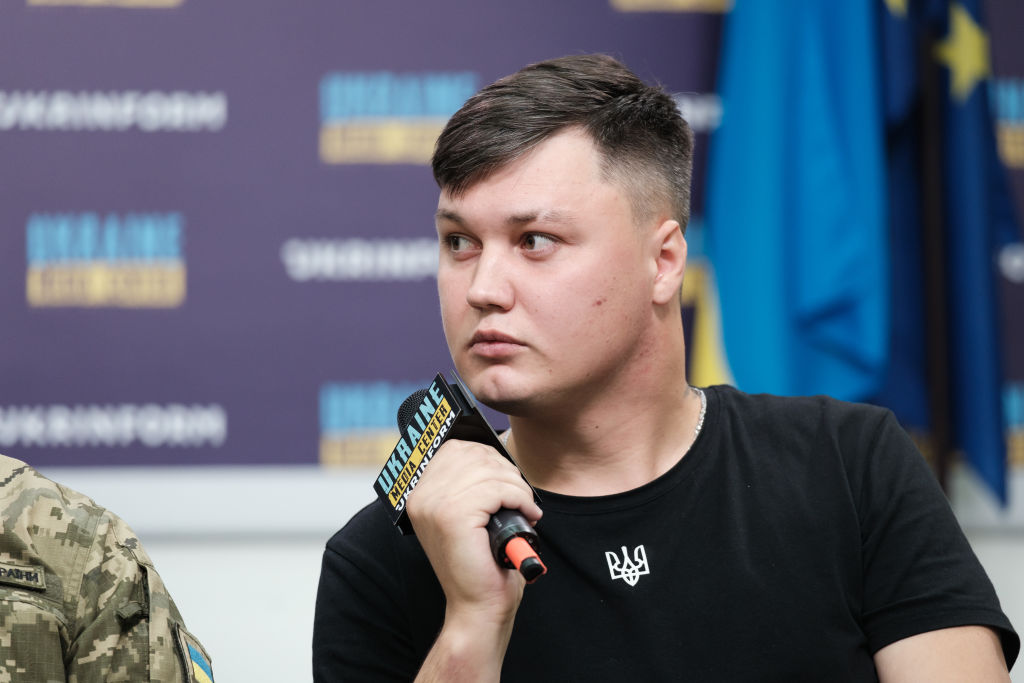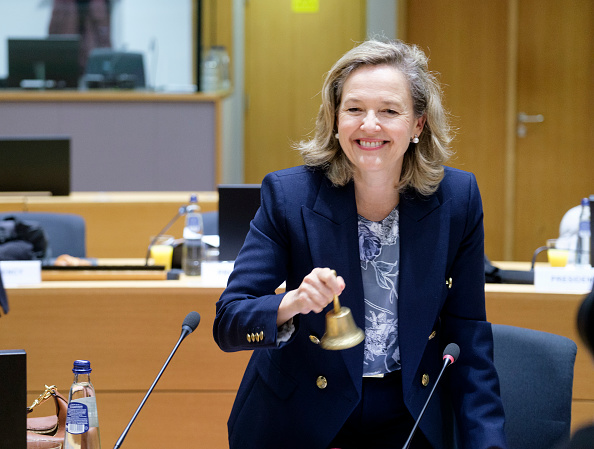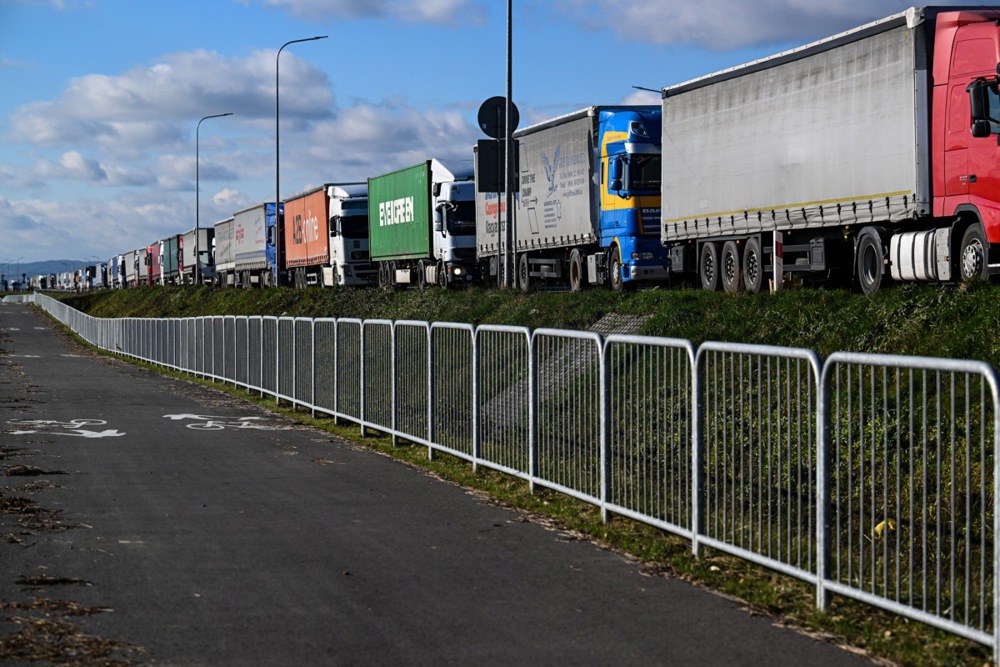Ukraine could dismantle within days its “sponsors of war” blacklist, central to Kyiv’s campaign to expose companies doing business with Russia, after a backlash from countries including China and France, two people familiar with the matter said.
The people said Ukraine could, as soon as Friday, scrap not only the list, but a related website that gives detailed information about individuals under Western sanctions, companies and the origin of Russian weapons parts.
The blacklist has no legal standing, but has been an embarrassment for around 50 major companies singled out for operating in Russia and helping the Kremlin’s war in Ukraine by, for instance, paying taxes.
The demise of the name-and-shame campaign, if it happens, would be indicative of how Kyiv may have to soften its stance as it becomes harder to maintain global support for its war effort more than two years into the full-scale invasion.
“It’s China, but not only China,” said one person with direct knowledge of the matter, also alluding to pressure from France to remove retailer Auchan and Leroy Merlin, a home improvement and gardening retailer, from the list.
Beijing, a major consumer of Ukrainian grain, demanded in February that Kyiv remove 14 Chinese companies from the list to “eliminate negative impacts”.
Though China is seen as an ally of Russia, Kyiv has said it hopes the world’s second-largest economy will take part in a summit of world leaders this spring to advance President Volodymyr Zelenskiy’s vision of peace.
The second source said that Austria, China, France and Hungary had all exerted pressure on Kyiv over the list, adding that it could be taken down from the internet within days.
A third person said that there was frustration with Ukraine for singling out companies from countries that supported Kyiv.
The foreign ministries of the four countries did not immediately respond to or declined requests for comment and the sources all requested anonymity because of the sensitivity of the issue.
Hungary has long had strained relations with Kyiv and maintained ties with Moscow. While Prime Minister Viktor Orbán condemned the Russian invasion, his government refused to send weapons to Ukraine and has repeatedly argued for peace talks.
In 2023, Hungary threatened to block European Union military support for Ukraine and sanctions against Russia unless its bank OTP was taken off the blacklist. It was removed months later.
Austria, which continues to use Russian gas and acts as a hub for Russian money, took a similar stance.
Late last year, its government said it would not agree to European Union sanctions until its Raiffeisen Bank International, the biggest Western bank in Russia, was struck off the blacklist. Raiffeisen was suspended from the list.
The list includes nine U.S. companies and four each from France and Germany.
Two of the sources said it was possible that the list, which is drawn up by the National Agency on Corruption Prevention (NACP), would be transferred under the remit of the Ukrainian military intelligence agency and maintained.
It was unclear in that scenario whether the list would remain public.
In the first indication of mounting pressure on the list, the government Cabinet of Ministers said in a statement on Tuesday that a meeting of senior government officials and foreign diplomats had been convened that day.
The statement said the list had had a “negative impact” on the adoption of “important decisions to counter Russian aggression” and that diplomatic representatives had complained about the list’s “lack of a regulatory framework”.
“The NACP agreed that there is indeed a question of the further functioning of the list,” it said.





